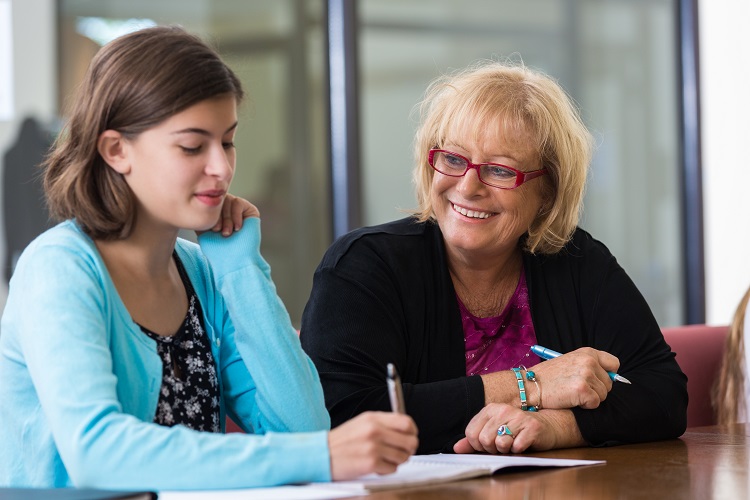Trauma is something that no child deserves to experience, yet it’s sadly common for children in Australia. The Australian Institute of Family Studies found that up to 40% of Australian students have been exposed to, or witness to, traumatic stressors.
This means that trauma-informed teaching strategies aren’t just relevant for a minority in the classroom; they’re vital for a significant portion of the class.
What are some common trauma-informed teaching strategies and how can educators employ them on a daily basis?
Here, Anglicare Victoria outlines several trauma-informed teaching strategies and explains the Meridian Youth and Family Therapy program.
The importance of being trauma-informed as an educator
Neurobiologically, students are unable to learn at their full potential if they don’t feel safe, known and cared for at school. Traumatised children are far less likely to feel these ways than their non-traumatised peers. This factor alone makes it so important to be informed on trauma as an educator, and to understand strategies of handling traumatised children in the classroom.
Managing unexpected responses
One really important trauma-informed teaching strategy is to expect unexpected responses. Students who have experienced trauma can act in unexpected ways, which teachers may initially take personally. Even a simple instruction like telling a traumatised student to close their iPad may trigger an explosive reaction in the student. It’s the teacher’s role to anticipate responses such as these, to employ better, gentler ways of communicating with traumatised children, and to be prepared in managing sudden outbursts.
Meaningful interactions
Traumatised children often find it difficult to trust adults. Making meaningful interactions with them is one way to build this trust. Some teachers find it successful to chat with traumatised children about their favourite topics for two minutes per day at the start of the day. This is a trust-building exercise that encourages a healthy relationship using meaningful interactions.
Promoting predictability and stability
Children who have experienced trauma are more affected by unpredictable events than their non-traumatised peers. Change in environment can cause stress response in reaction to a perceived threat. Therefore, increasing predictability and stability in the classroom is a good strategy for dealing with traumatised students. Giving students plenty of warning about informal tests, for example, is advisable since these ‘break the routine’ and giving zero notice could trigger a traumatised student.
Trauma-informed education with Anglicare Victoria
Anglicare Victoria’s Meridian Youth and Family Therapy program helps traumatised children every day. The Meridian program strengthens relationships and improves family functioning while also focusing on the evolving needs of the young person. Many of the families referred to the Meridian program want to find solutions to their problems and we know that each person in the family is impacted differently when there are worries, problems or conflict and communication difficulties. Contact Anglicare Victoria to learn more about how we can assist you.



